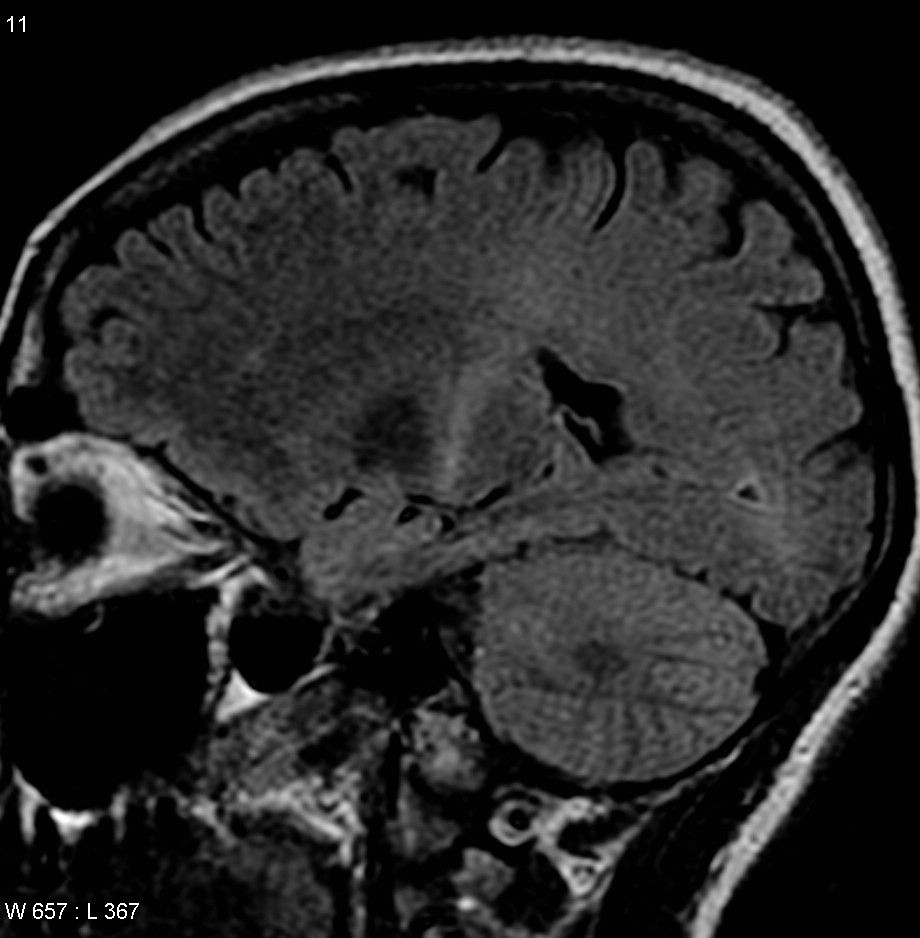“The participants treated with AMX0035 demonstrated a significant slowing of ALS disease progression as measured by the ALSFRS-R. This is a milestone in our fight against ALS,” said Sabrina Paganoni, MD, Ph.D., principal investigator of the CENTAUR study.
An experimental medication slows the progression of the neurodegenerative disease called Amyotrophic lateral sclerosis (ALS), or Lou Gehrig’s disease, according to recently released results from a clinical trial run by investigators at the Sean M. Healey & AMG Center for ALS at Massachusetts General Hospital (MGH) and Amylyx Pharmaceuticals, Inc., the company that manufactures the medication. The findings, reported in the New England Journal of Medicine, offer hope that a treatment may one day be available for patients with ALS, a fatal condition with no cure that attacks the nerve cells in the brain and the spinal cord to progressively hinder individuals’ ability to move, speak, eat, and even breathe.
Called AMX0035, the oral medication is a combination of two drugs, sodium phenylbutyrate and taurursodiol, that each target a different cell component important for protecting against nerve cell death.
In the CENTAUR trial, 137 participants with ALS were randomized in a two-toone ratio to receive AMX0035 or placebo. Over six months, participants who were treated with AMX0035 had better functional outcomes than those treated with placebo as measured by the ALS Functional Rating Scale (ALSFRS-R), a questionnaire that evaluates several activities of daily living such as a patient’s ability to walk, hold a pen or swallow food.
